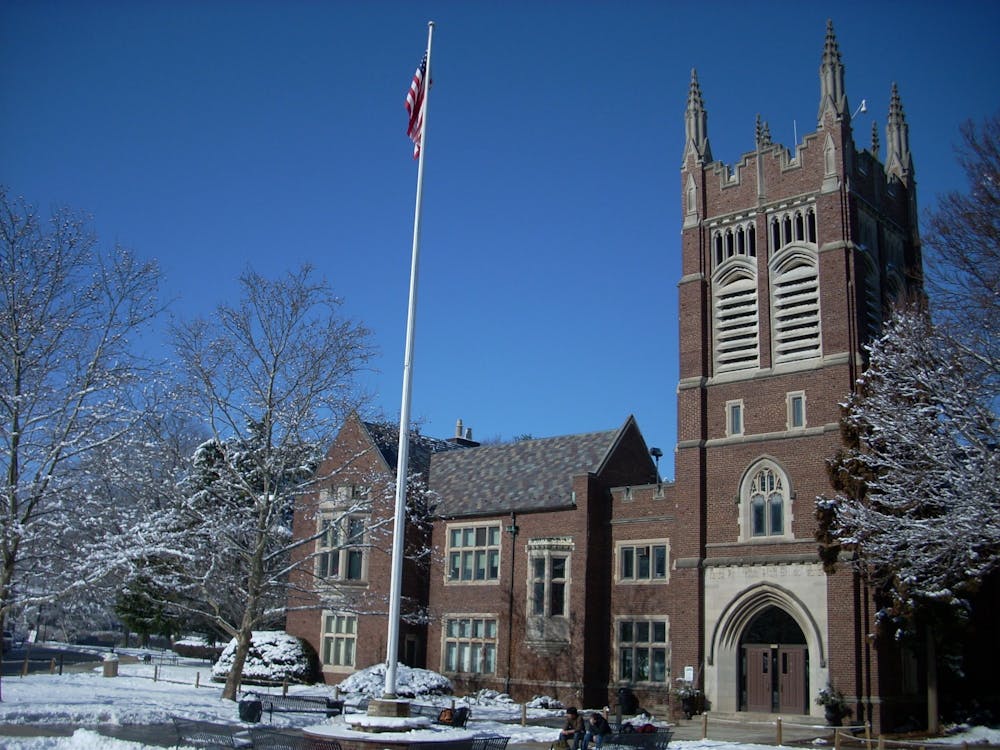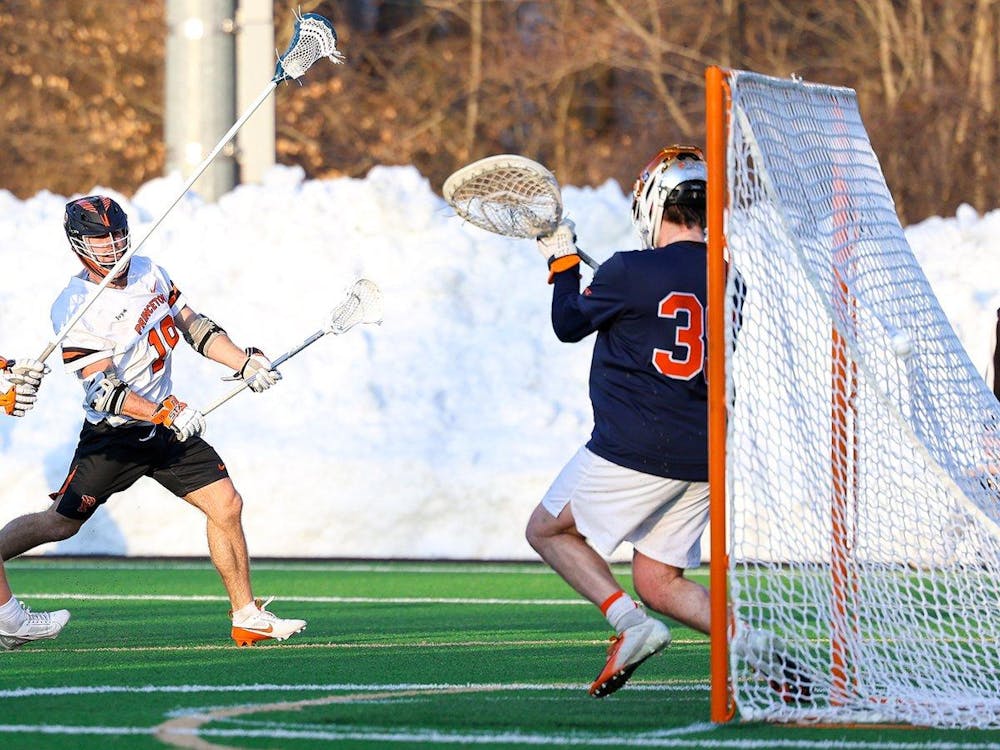On March 10, my high school announced its plan to cancel classes until the end of April. Little did we know that this would extend into the end of the school year and the fall semester of college.
Almost seven months later, on Oct. 4, New York Governor Andrew Cuomo announced that he would close down schools in nine different New York City neighborhoods after New York City Mayor Bill DeBlasio reopened schools only days prior. The new announcement came with other significant restrictions for these COVID hot-spot neighborhoods, such as shutdowns for non-essential businesses.
While Governor Cuomo’s decision was justified in the name of public health and safety, this decision inadvertently affects many low-income students and their families. Six out of the nine affected neighborhoods have a poverty rate above the city’s average of 19.1 percent: five have a 21–25 percent poverty rate and one has an astounding 26–34 percent poverty rate.
Like many high school and college students, I grieved the loss of prom, graduation, and my on-campus experience. Others are still at risk of losing their education.
School closures disproportionately affect both low-income students and their families. Consequences for students include interrupted learning due to lack of proper technology, significant vulnerability to violence, and even lowered nutrition, since many students rely on free meals provided by the city. Low-income families face the brunt of these issues through difficulties in balancing childcare and work, and increased costs for food, electricity, and water.
Such educational disparities are not limited to the pandemic. COVID-19 has only exacerbated imbalances in education quality which have existed for a long time. Schools in the United States are severely segregated due to policies like unmoderated school choice. This has led to significant disparities in funding, accessibility, and overall quality of education, which ultimately lead to different achievement rates in the future — whether that is higher education, employment, or more.
I talk about New York City since it is a location that is both geographically close and emotionally intrinsic to Princeton (as I have mentioned in a previous article), and it is a city that I am familiar with. However, educational disparities exist in our very own Princeton community and in many of our hometowns.
Solutions to educational disparities aside, the big issue is that education reform has not taken precedence. 2020 has illuminated many societal imbalances, from healthcare to police reform. We constantly remind each other to inform and educate others; yet, we have ignored the importance of education as a subject itself. Naturally, we are inclined to think about the most controversial and pressing issues at the time. Whether that be criminal justice reform or COVID-19, we have a lot of difficult situations in mind. Education policy may not appear as pressing or significant as the other issues at hand; however, the fact that students are at risk of losing their education should be enough for this to be a current concern. Education is often the root behind many societal imbalances, from wealth gaps to the disproportionate criminalization of racial minorities. As long as imbalances in education exist, societal gaps will persist and even be exacerbated by issues like the pandemic.

So what can we do? Two main ideas come to mind.
First, our priority should be to show legislators that we care about this issue. In addition to reforming the justice system or addressing climate change, we must emphasize that education is an important societal issue that deserves national discourse. As college students, education policy must take precedence: we, more than anyone, are aware that a good education is often a defining factor for a solid future. Truthfully, speaking up about education policy will most likely not enact the exact change we want, but our first responsibility lies in bringing the issue of educational disparities up to national discourse, which is something that we can attempt to do by raising awareness and demonstrating to legislators that we care about this issue.
Second, we, as Princeton students, must offer what we can to help. There are so many opportunities offered by Princeton: numerous student activities surround mentorship and tutoring services for at-risk students. This should not be a long term solution: the goal should be to reduce educational disparities by addressing technological needs, tackling funding inequalities, and improving overall accessibility. But the COVID-19 crisis demands immediate support for students who are heavily impacted, which we can address by providing the support needed.
Many of us are in difficult circumstances, and the hardships that individual students at our university go through are immeasurable. It is important for us to prioritize our mental health and stability during these unprecedented times. Yet in order to prevent individuals from facing similar difficulties in the future, it is in our responsibility to show that addressing educational disparities is one of our priorities. Whether that be today, tomorrow, or in the next few years, I urge you to do what you can to address this issue.

Won-Jae Chang is a first-year from New York City and Seoul, South Korea. He can be reached at wonjaec@princeton.edu.








